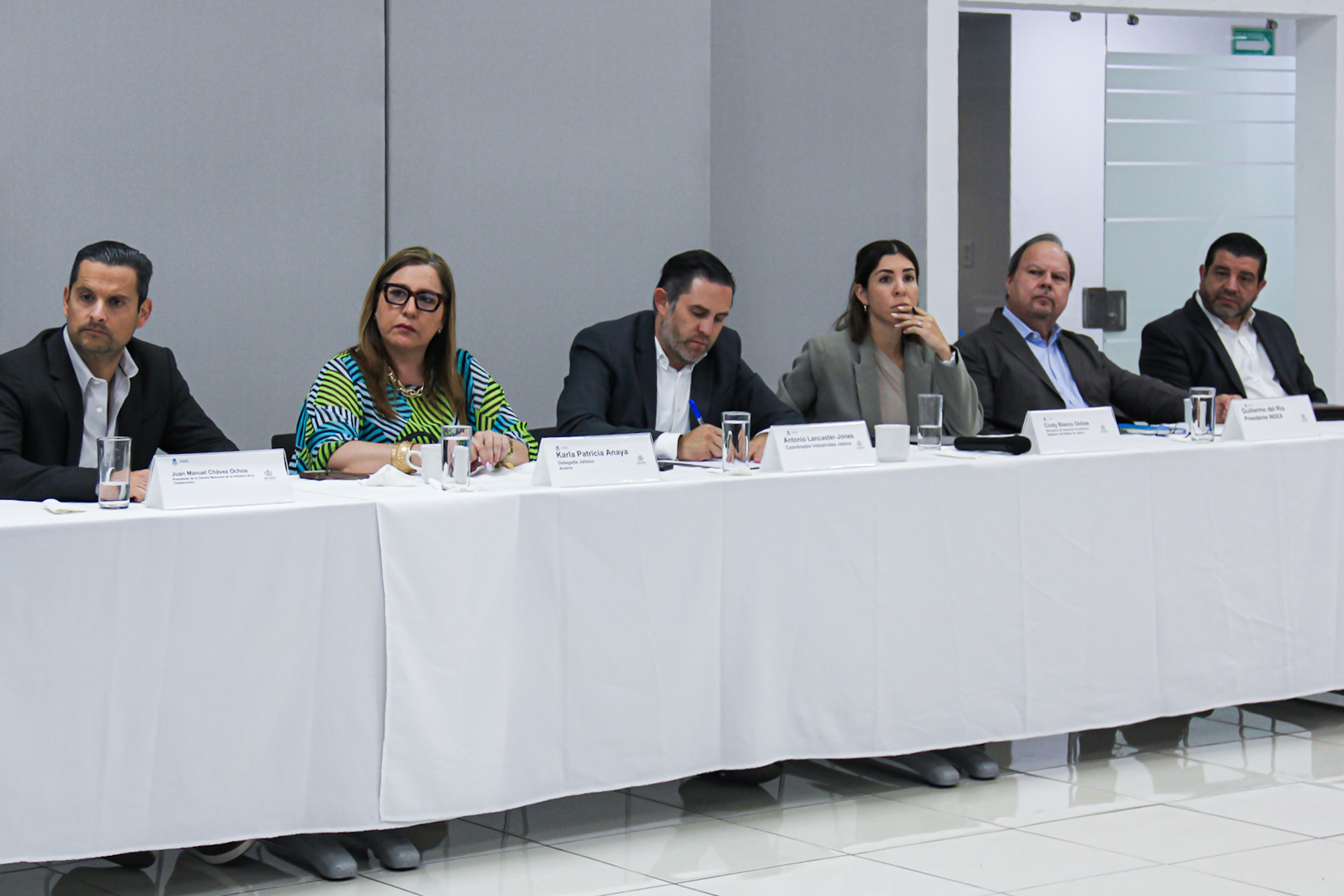Los fanáticos de los fenómenos celestiales podrán ver un eclipse lunar total por primera vez en tres años en el estado de California. Entre la noche del jueves 13 y la madrugada del viernes 14 de marzo, será una oportunidad perfecta para ver este evento astronómico que, adicionalmente, producirá una Luna de Sangre. En las siguientes líneas, te explicaré todo lo que debes saber si te encuentras en ciudades como Los Ángeles, San Diego, Sacramento, San José, San Francisco, San Bernardino, Fresno o Oakland.
¿Qué es un eclipse lunar total y por qué se produce una Luna de Sangre?
Un eclipse lunar total ocurre cuando la Luna pasa completamente a la sombra interna oscura de la Tierra, o umbra. Según la NASA, la Luna adquiere un tono rojizo debido a la luz solar que se filtra a través de la atmósfera terrestre, similar a una puesta de sol.

Así forma un eclipse lunar total tal y como veremos el 14 de marzo (Foto: NASA)
¿Por qué se llama Luna de Sangre? Según Silas Laycock, profesor de física de la Universidad de Massachusetts Lowell, que el nombre se debe a cómo la Luna adquiere un brillo rojizo durante el eclipse: “Al pasar la luz solar muy cerca de la Tierra, la luz azul se dispersa y solo quedan longitudes de onda largas de la luz roja. Así, al adentrarse la Luna en la sombra de la Tierra, solo ve la luz que ha pasado justo por esa parte del cielo nocturno del atardecer”, explicó.

¿A qué hora ver el Eclipse Lunar del 14 de marzo? En qué países se podrá ver la ‘Luna llena de Sangre’. (Foto: difusión)
¿A qué hora empieza el eclipse lunar total en California? Horario de Los Ángeles
Los ciudadanos que se encuentren en el estado de California podrán seguir el eclipse lunar total a partir de las 8:57 pm PDT de la noche del jueves 13 de marzo hasta las 3 am PDT de la madrugada del viernes 14 de marzo.
A continuación, te dejamos la cronología de la NASA para poder seguir con éxito el eclipse lunar total con la famosa Luna de Sangre:
- Inicia el eclipse lunar penumbral (8:57 pm PDT del 13 de marzo): La Luna entra en la zona de la penumbra, que es la parte exterior de la sombra de la Tierra. La Luna comienza a oscurecerse, pero el efecto es muy sutil.
- Inicia el eclipse lunar parcial (10:09 pm PDT del 13 de marzo): La Luna comienza a entrar en la umbra y comienza el eclipse parcial. A simple vista, a medida que la Luna se mueve hacia la umbra, pareciera que le están sacando un bocado al disco lunar. La parte de la Luna dentro de la umbra se ve muy oscura.
- Inicia el eclipse lunar total (11:26 pm PDT del 13 de marzo): La Luna completa está ahora en la umbra de la Tierra. La Luna se tiñe de un rojo cobrizo. Prueba a usar binoculares o un telescopio para ver mejor. Si quieres tomar una foto, usa una cámara sobre un trípode con exposiciones de al menos varios segundos.
- Termina el eclipse lunar total (12:26 am PDT del 14 de marzo): A medida que la Luna sale de la umbra de la Tierra, el color rojo se desvanece. Ahora pareciera que le están sacando un bocado al disco lunar en el lado opuesto al de antes.
- Termina el eclipse lunar parcial (1:47 am PDT del 14 de marzo): La Luna entera está en la penumbra de la Tierra, pero, de nuevo, el oscurecimiento es sutil.
- Termina el eclipse lunar penumbral (3 am PDT del 14 de marzo): El eclipse ha finalizado.
¿A qué hora se puede ver mejor la Luna de Sangre en California?
A partir de las 11:26 pm PDT del jueves 13 de marzo, el eclipse lunar entrará en la fase de totalidad. Este es el momento donde la Luna se tornará de un color naranja rojizo, lo que provocará la famosa Luna de Sangre.
En ese sentido, el eclipse lunar total llegará a su punto máximo a las 11:58 pm PDT. Este será el mejor momento para observar la Luna de Sangre en el cielo californiano.
Los efectos rojizos que tendrá esta Luna de Sangre comenzarán a desaparecer desde las 12:31 am PDT del viernes 14 de marzo cuando el eclipse termina la etapa de la totalidad.
¿Cuánto tiempo de duración tendrá el eclipse lunar total en California?
El eclipse lunar total que será visible en el estado de California tendrá un tiempo de duración aproximado de 6 horas con 3 minutos, según la información que revela Time and Date.
¿Dónde ver el eclipse lunar total del 14 de marzo EN VIVO desde California?
La NASA señala que el eclipse lunar total se podrá observar a simple vista. No es necesario ningún equipo especial de protección ni cubrirse los ojos con gafas especiales para verlo (como si ocurre con los eclipses solares). No obstante, unos binoculares o unos telescopios mejorarán tu experiencia, sobre todo, en la hora clave de ver la Luna de Sangre.
También puedes hacerlo desde el canal de YouTube de Time and Date.
¿En qué ciudades de California se puede ver eclipse lunar total y la Luna de Sangre?
El fenómeno astronómico se podrá seguir en todas las ciudades del estado de California. No obstante, la NASA afirma que los mejores puntos para obtener una mejor experiencia del eclipse lunar total se encuentran en Los Ángeles, Fresno, Oakland, Sacramento, San Bernardino, San Francisco y San José.
El Griffith Observatory (Observatorio Griffith), que se encuentra ubiccado en el la zona sur de la Montaña Hollywood, se encargará de transmitir el eclipse lunar total desde su canal oficial de YouTube.
Cabe señalar que el observatorio estará cerrado al público en las horas que se producirá el eclipse lunar total.









